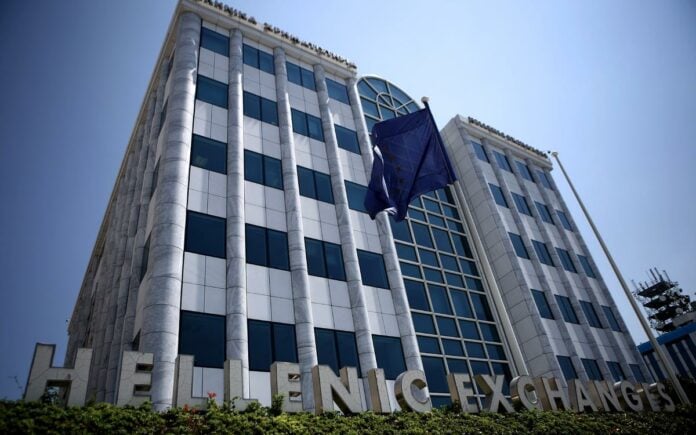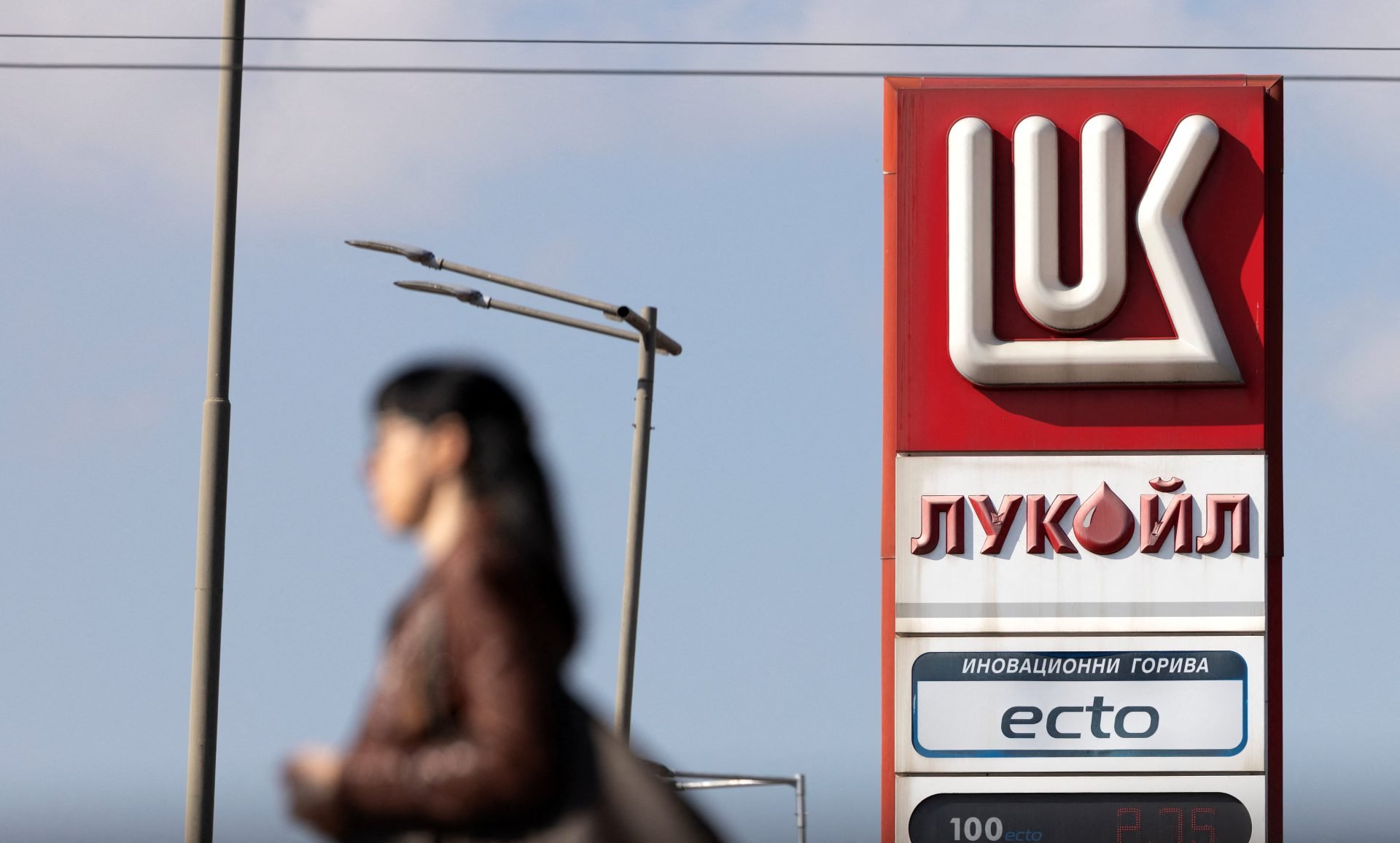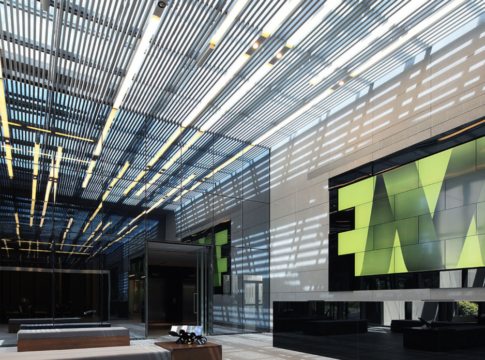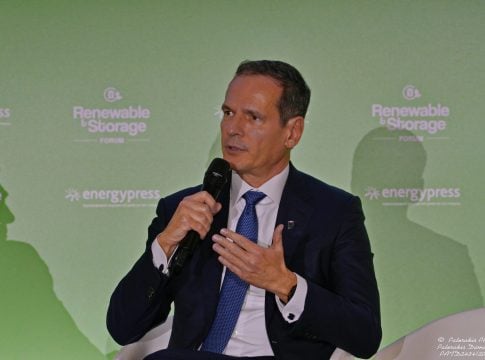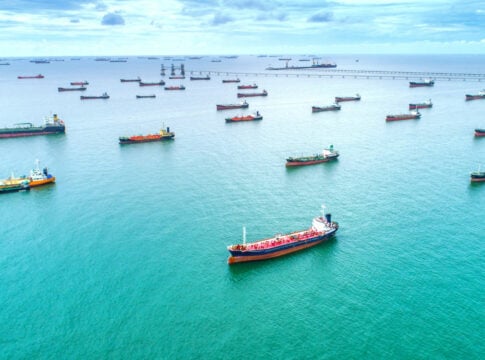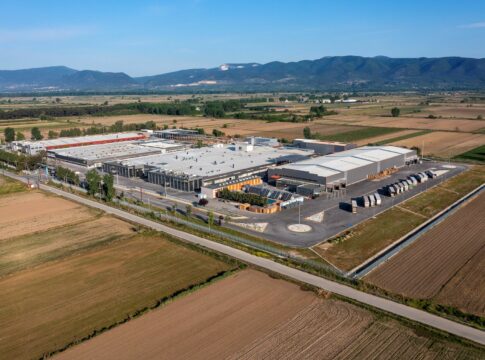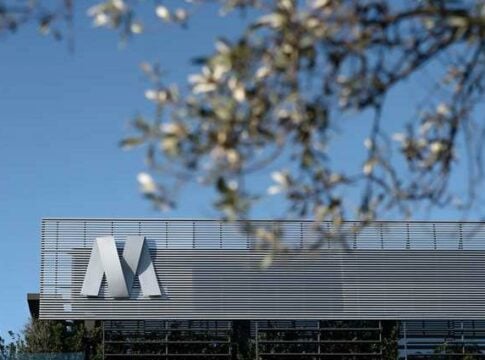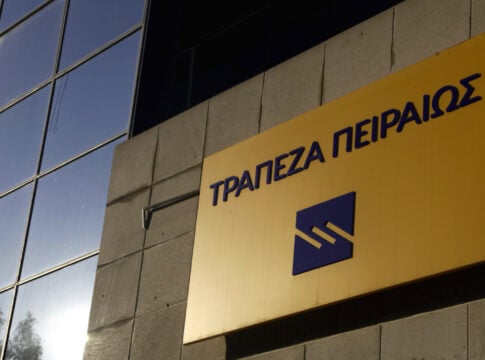Listed companies ended the first half of 2023 with a drop in profitability and sales. However, they showed resilience and proper management of their borrowing which will probably lead to net profits of 10 billion euros at the end of the year.
The 143 listed companies (percentage 94%) out of a total of 153 that had published their half-year results by Sunday evening, recorded a 12.49% decrease in net profits after taxes, which amounted to 4.745 billion euros from 5.422 billion euros – which was the corresponding performance in the first half of 2022. If we subtract the profitability of the four systemic banks, the net profitability of the other listed companies stands at 2.93 billion euros, compared to 3.083 billion euros last year.
The six-month turnover amounted to 44.104 billion euros versus 45.772 billion euros in the corresponding period last year, down 3.65%. A decrease of 7.9% to 6.34 billion euros in operating profits was also recorded.
The most important reason of the reduction in listed companies’ earnings compared to the first half of 2022 is the absence of extraordinary revenues in companies such as refiners (Motor Oil, Helleniq Energy) and most metallurgical companies (Viohalco , ElvalHalcor, Alumyl, Biokarpet, Elastron, SIDMA). Other factors that slowed down the results of listed companies were the increased financial costs, which mainly affected groups with high debt obligations, but also the effects of inflation that burdened the administrative costs of many listed companies.
The results of energy groups that were favored by the satisfactory marginal values of the system, despite the reduced demand, were also exceptional. In contrast, RES had a weak half due to weak wind data.
In addition to banks and energy companies, transport and vehicle rental companies also performed well, due to the very strong tourist arrivals. The excellent performances of Jumbo, OPAP, Kri-Kri, PPA, Athens Medical, ADMIE, Cenergy, Ideal, Austriancard and Titan were also individually highlighted.
During the first half of this year, conditions were more difficult in the plastics sector (e.g. Plastics of Thrace, Plastics of Crete, Daios), the trading of petroleum products (Elinoil and Revoil after last year’s very high profits), timber (e.g. Interwood – Timber), as well as flour (Loulis Mills, Kepenos Mills and Sarandopoulos Mills), marble (e.g. Iktinos), textile industry (e.g. losses for the traditionally profitable Nafpaktos Textile Industry) and clothing (e.g. e.g. Fieratex, Minerva) due to low demand from Europe and increased energy costs.
High capitalization companies such as Mytilineos, Coca-Cola HBC, Jumbo, Cenergy, Titan, OPAP, OTE, Sarantis, as well as Karelias (despite the small decrease in its profits) and Fourlis (the decline in accounting profits is due to the lower revaluation of the fair value of the properties of the Trade Estates subsidiary) also attracted the interest.
The construction sector played a leading role (GEK-TERNA and Intrakat which turned the page, but there was also a very important presence for the “small” powers that are growing such as Domiki Kritis), IT (e.g. Epsilon Net, Entersoft, Quest Holdings, Profile, Real Consulting) and of course tourism and transport (e.g. Aegean Airlines, Attica Group, Lampsa, Autohellas, Motodynamics).
The real estate sector performed much better in Greece compared to Europe (problems with interest rates), with prices in our country continuing their upward trend. Those listed on the Athens stock exchange upgraded their operational performance, while their bottom line profitability was affected by the valuations of the fair values of their properties.


